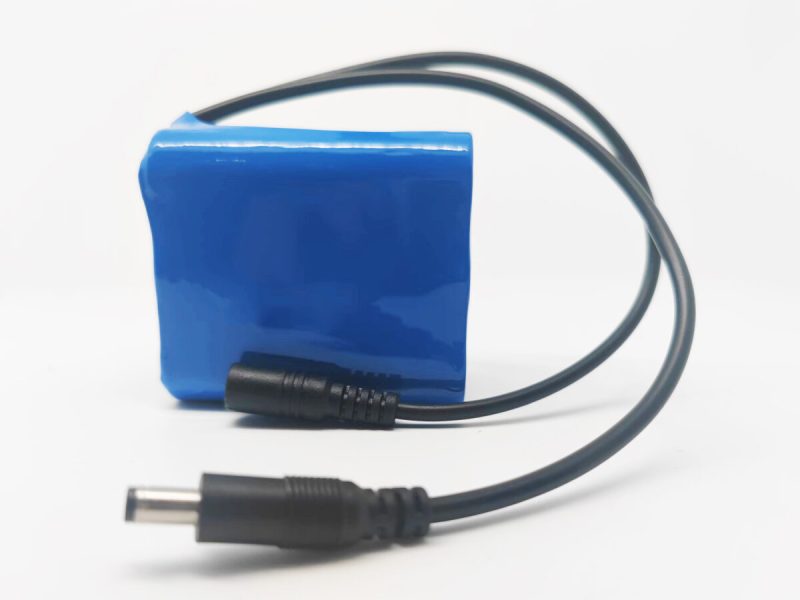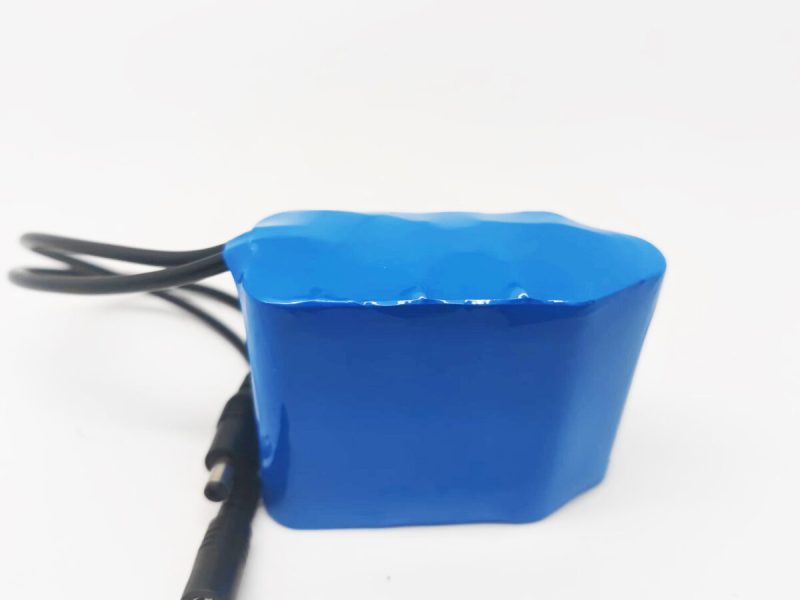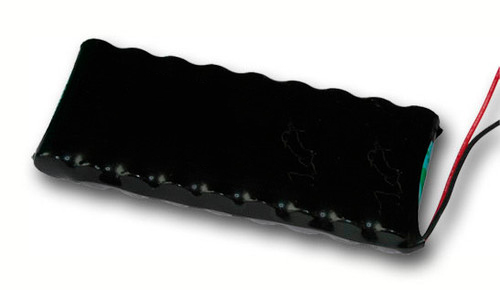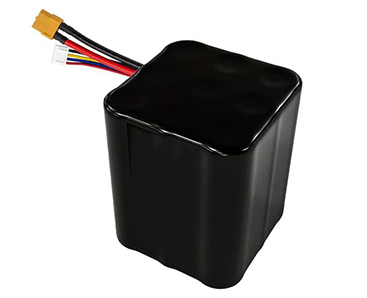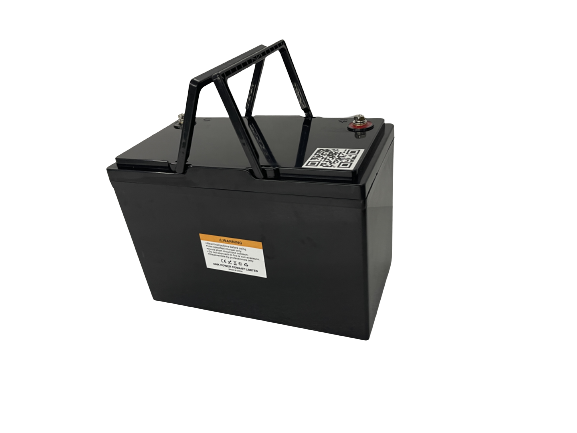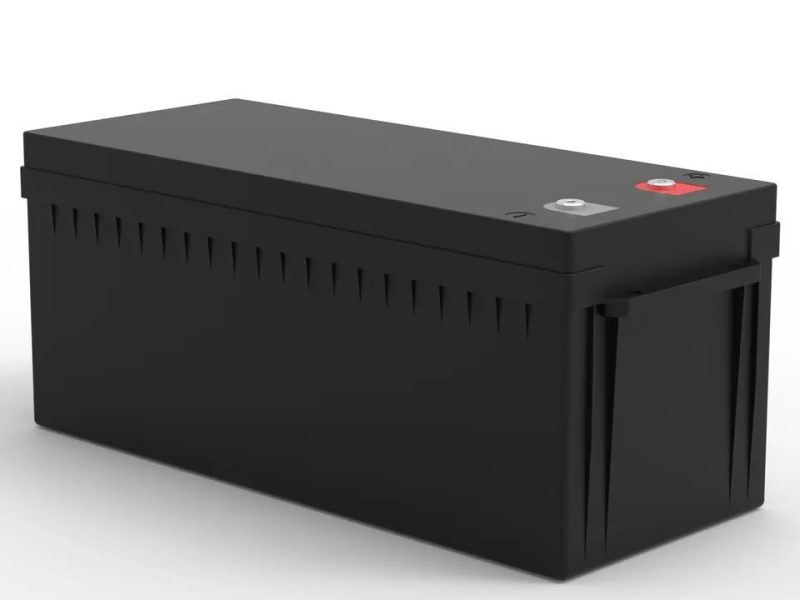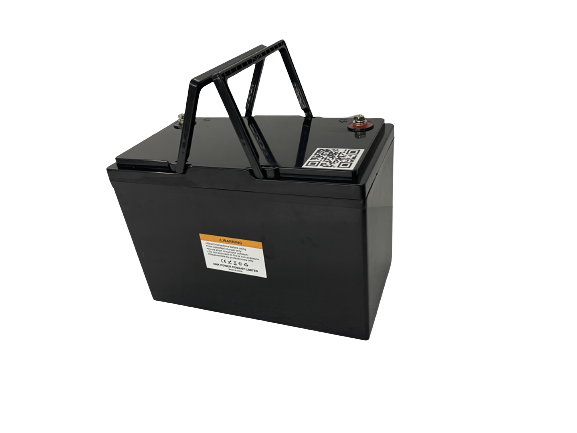Reliable glucose meter batteries are essential for accurate diabetes management, ensuring uninterrupted monitoring and peace of mind for patients. Vade Battery’s long-lasting, high-performance lithium solutions provide dependable power for glucose monitoring devices, combining medical-grade reliability with cost-effective technology that never compromises on safety.
Why Battery Quality Matters for Glucose Monitoring Accuracy
The battery in your glucose meter directly impacts measurement precision and device reliability. Medical-grade batteries ensure consistent power delivery throughout their lifecycle, preventing the fluctuations that can compromise test accuracy and potentially affect treatment decisions. For diabetes patients who rely on precise readings to manage their condition, a high-quality battery isn’t just a convenience—it’s a crucial component of effective healthcare management.
Critical Battery Functions in Glucose Monitoring Devices
Your glucose meter’s battery powers several essential functions:
- Consistent electrical current for accurate glucose measurements
- Data storage capabilities for tracking readings over time
- Display functionality for clear result visualization
- Internal calibration systems for measurement precision
Selecting the Optimal Battery for Your Glucose Meter
Premium Battery Options for Medical Devices
Modern glucose meters primarily utilize two battery types:
Lithium Coin Cell Batteries (CR2032): These 3V lithium manganese dioxide batteries deliver exceptional performance with their high energy density, stable output voltage, and extended shelf life—ideal for reliable medical device operation. Their compact size and lightweight design make them perfect for portable glucose meters.
Rechargeable Lithium-Ion Batteries: Advanced glucose monitoring systems increasingly feature built-in rechargeable lithium-ion or lithium-polymer batteries. These environmentally-friendly power sources offer consistent performance and eliminate frequent battery replacements.
Key Performance Characteristics
When selecting a glucose meter battery, prioritize these critical factors:
- Extended Service Life: Premium lithium batteries provide up to 2,000 tests or 6-12 months of typical use
- Temperature Stability: Medical-grade batteries maintain performance across diverse environmental conditions (-20°C to 60°C)
- Voltage Consistency: Stable power delivery ensures measurement accuracy throughout battery life
- Safety Certifications: Look for batteries with built-in protection against overcharging and short circuits
Expert Battery Maintenance Guidelines
Maximizing Battery Performance & Lifespan
Implement these professional maintenance practices to optimize your glucose meter’s battery performance:
- Clean battery contacts regularly with a dry cloth to prevent corrosion-related power issues
- Store your meter in temperature-controlled environments (15-30°C) to preserve battery capacity
- Replace disposable batteries immediately when low-battery indicators appear
- For rechargeable models, follow manufacturer-recommended charging cycles and avoid complete discharge
Troubleshooting Common Battery Issues
If experiencing inconsistent readings or power problems:
- Verify proper battery installation with correct polarity orientation
- Replace batteries showing any signs of damage or leakage
- Consider environmental factors—extreme temperatures can temporarily affect performance
- For persistent issues, replace with a high-quality lithium battery from a trusted manufacturer
Professional Battery Selection Recommendation
For optimal glucose meter performance, Vade Battery recommends medical-grade lithium batteries that deliver consistent voltage, extended operational life, and certified safety features. Our custom lithium solutions provide the reliability that diabetes management demands, with specialized options designed specifically for medical device applications.


